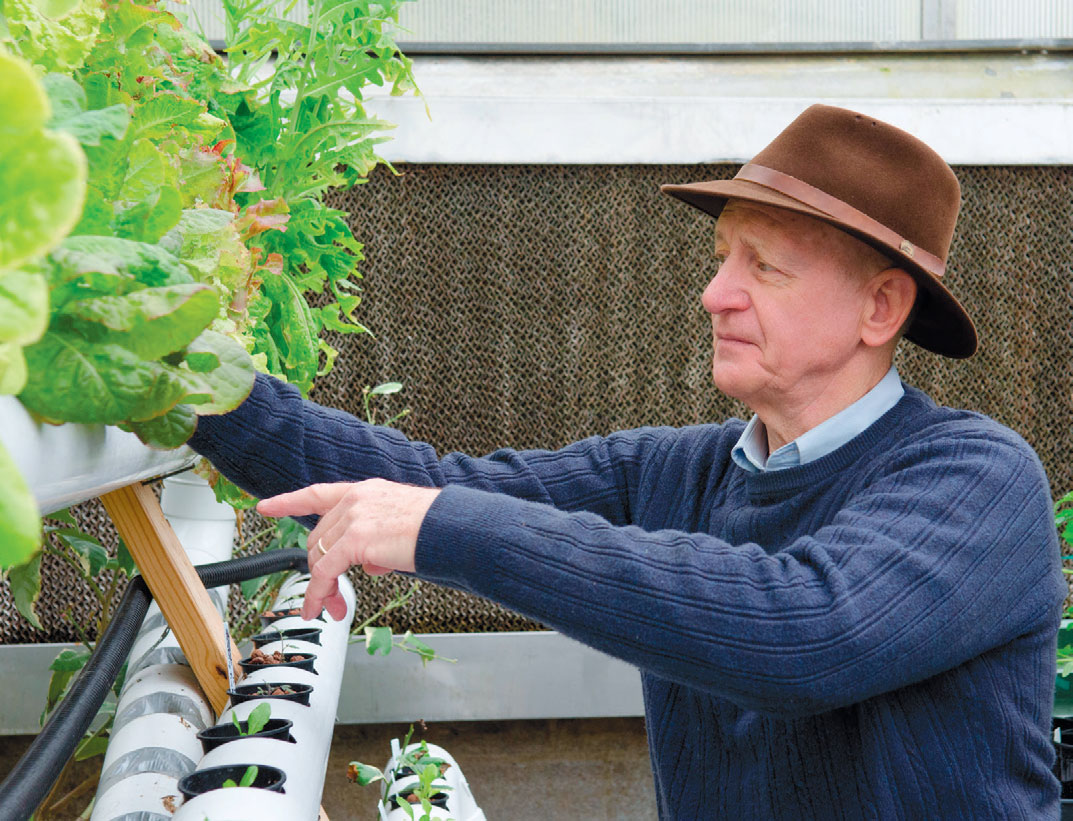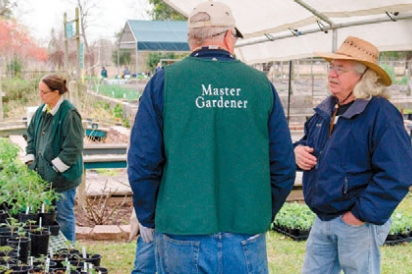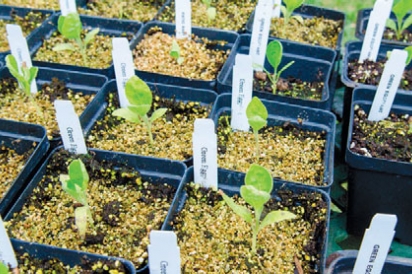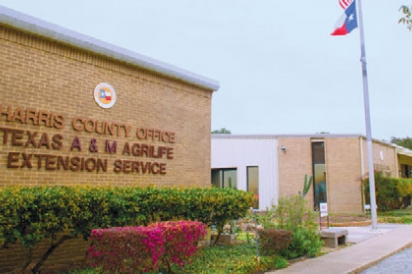The Green Berets Of Green Thumbs
David Parish Tends the Crop of Texas Master Gardeners
Anyone who is a good gardener can become a Master Gardener, but it comes with a commitment. It requires training and willingness to volunteer to support horticulture in the community. This can include offering individual gardening advice, helping out at plant sales, giving lectures, assisting with research and creating gardens. There are currently 325 Texas Master Gardeners in Harris County, and about 250 of them are involved with the Texas A&M Extension in Bear Creek Park in one way or other. David Parish is one of them.
Like all Texas Master Gardeners, his journey began at the Texas AgriLife Extension Service Master Gardener Program, offered through Texas A&M University. When David took a course on fruits, nuts and berries at the Houston Arboretum in 1992, it proved to be serendipitous. It was there that he met the manager of Treesearch Farms, who suggested the Master Gardener class. David enrolled in the program, and has been a Texas Master Gardener for 23 years. “I eventually took an early retirement and came to work for the Extension in January 2007,” said David. His job as Master Gardener program assistant is to connect Texans with Master Gardeners in their area. “I joke and say that I’m herding cats,” David chuckled. “I field most of the requests for guest speakers, keep everyone up-to-date on training and answer people’s questions or problems about plants.”
To become a Texas Master Gardener you must complete at least 50 hours of training plus 50 more hours of volunteer time. “The state requires 50 and each county sets up its own additional requirements,” explained David. In Harris County, Master Gardener candidates are asked to complete 12 hours of phone duty—a learning experience in and of itself. Gardening in Texas can be a challenge, but gardening advice is part of what David loves about his job. From soil improvement to plant watering advice, a master gardener can help you with any gardening issue.
If your thumb has never been quite green enough to keep plants alive, don’t give up, said David. “Anybody can grow some food for themselves in Houston. If you live in an apartment, try some herbs or tomatoes in a balcony container. If you have a hot, dry area, stick okra in there! Try kale or softball cabbage in your flower garden; sprawling rosemary fills in and makes a nice green garden. As long as it’s well-watered and well-drained, that’s all you need.” David paused briefly, and added, “Just be ready to pick bugs—that’s our biggest crop here in Texas. We can help you with that, too.”
Texas AgriLife Extension Service: 3033 Bear Creek Dr., Houston; 281-855-5600; harris@ag.tamu.edu








